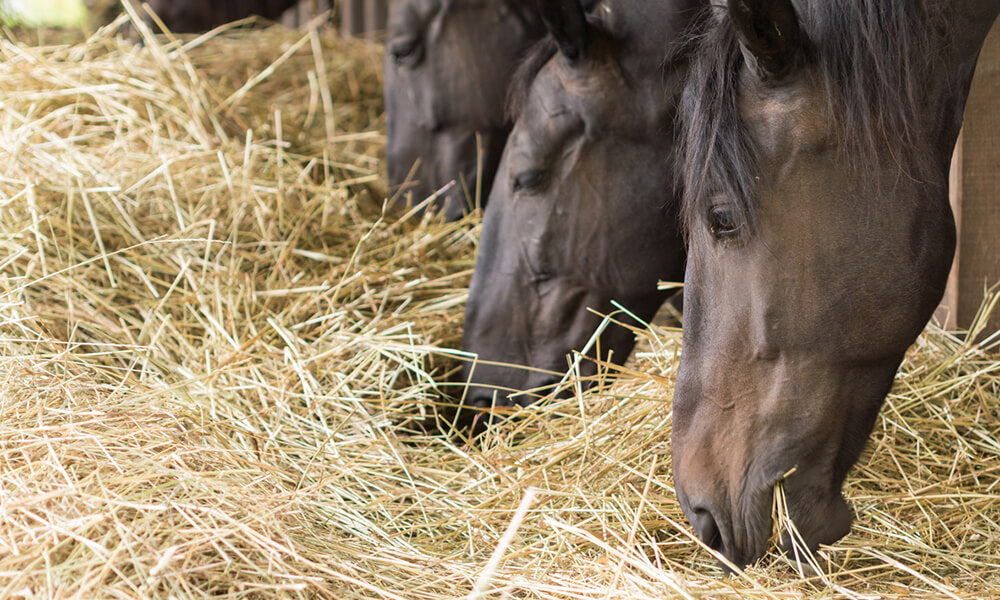When it comes to seasonal horse feeding tips, there are many factors to consider to ensure your horse’s health and well-being. Understanding how to adjust your feeding strategy according to the seasons is crucial for maintaining a healthy and happy horse. In this article, we will explore various tips and strategies to help you provide the best nutrition for your horse throughout the year. Whether you’re a seasoned equestrian or new to horse care, these insights will guide you in making informed decisions.

Understanding Horse Nutrition Basics
Before diving into specific seasonal feeding tips, it’s important to have a solid understanding of horse nutrition basics. A horse’s diet should be balanced and provide all the essential nutrients needed for growth, energy, and overall health. The primary components of a horse’s diet include forage, grains, vitamins, and minerals.
The Role of Forage
Forage is the cornerstone of any equine diet. It includes hay and pasture, which provide the necessary fiber for healthy digestion. Horses should have constant access to clean, fresh forage, as it helps in maintaining a healthy gut and prevents various digestive issues.
Grain and Concentrates
Grains and concentrates are often added to a horse’s diet to provide additional energy and nutrients. The amount and type of grain depend on the horse’s activity level, age, and specific needs. It’s essential to choose the right type of grain and avoid overfeeding to prevent issues such as colic or laminitis.
Vitamins and Minerals
Vitamins and minerals play a crucial role in a horse’s diet, supporting various bodily functions. Supplements such as zinc and magnesium are often necessary to fill nutritional gaps in forage-based diets. Additionally, during certain seasons, specific vitamins like Vitamin A may become more crucial. Learn more about preventing Vitamin A deficiency.
Spring Feeding Tips
Spring is a time of renewal and growth, and this applies to your horse’s diet as well. As the pastures begin to grow, horses can benefit from fresh grass, which is rich in nutrients. However, it’s essential to transition gradually to prevent digestive upset.
Gradual Transition to Pasture
When introducing your horse to spring pastures, start with short grazing periods and gradually increase the time. This helps the horse’s digestive system adjust to the lush green grass, reducing the risk of colic or laminitis.
Monitoring Weight and Condition
As the pasture becomes more abundant, it’s important to regularly monitor your horse’s weight and body condition. Spring grass can be calorie-dense, which might lead to weight gain if not monitored closely.
Summer Feeding Tips
During the hot summer months, horses may require adjustments in their feeding routine to maintain optimal health and hydration.
Ensuring Proper Hydration
Water is vital for a horse’s health, especially in the summer. Ensure your horse has constant access to clean, fresh water. Electrolyte supplements can also be beneficial to replace lost salts due to sweating.
Managing Pasture Access
Summer pastures can be rich in sugars, which increase the risk of laminitis. Monitoring grazing time and using a grazing muzzle, if necessary, can help manage intake.
Supplementing with Minerals
Adding a mineral block to your horse’s diet can ensure they receive essential nutrients during the summer.
Fall Feeding Tips
As the days get shorter and the weather cools, it’s time to prepare your horse’s diet for the upcoming winter.
Increasing Forage
With the decline in pasture quality, increasing hay intake is vital to maintain energy levels and body condition.
Monitoring Weight
Fall is an ideal time to assess your horse’s weight and body condition. Adjusting feed accordingly can help your horse enter winter in optimal condition.
Vitamin and Mineral Needs
As pasture quality declines, consider adding corn oil to maintain energy levels, and ensure vitamin and mineral supplements are up to date.
Winter Feeding Tips
Winter presents unique challenges in horse feeding, as horses require more energy to maintain body temperature.
Increasing Caloric Intake
As temperatures drop, horses need more calories to stay warm. Providing additional forage and grain can help meet these caloric needs.
Ensuring Water Availability
Prevent frozen water sources by using heated water buckets or tank heaters. Dehydration is a risk even in winter, so ensure water is always available.
Monitoring Health and Condition
Regularly check your horse’s body condition throughout winter. Adjust feed as necessary to prevent weight loss or gain.

FAQs
What is the most important factor in horse nutrition?
The most important factor in horse nutrition is providing a balanced diet with adequate forage, as it forms the basis of their nutritional needs.
How can I prevent my horse from gaining too much weight in spring?
Monitor pasture intake, limit grazing time, and ensure a gradual transition to lush pastures to prevent excessive weight gain in spring.
Why are vitamin and mineral supplements important?
Vitamin and mineral supplements fill nutritional gaps that may not be met by forage alone, supporting overall health and wellbeing.
For more detailed insights into horse nutrition and feeding strategies, visit Pro Horse World for comprehensive guides.
This article contains affiliate links. We may earn a commission at no extra cost to you.
